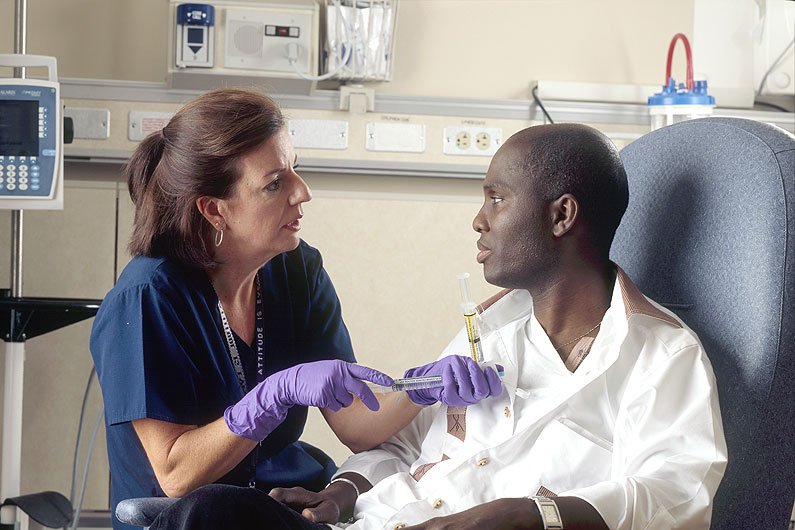Researchers have identified specific biomarkers that could help assess the likelihood of recurrence in patients with malignant glioma, a highly aggressive form of brain cancer. Photo by Rhoda Baer/Wikimedia Commons
April 11 (UPI) -- Specific biomarkers have been identified that could help assess the likelihood and severity of the recurrence of malignant glioma, a highly aggressive form of brain cancer, according to a study.
Researchers analyzed 200 brain tumor samples taken from 77 patients with a diffuse glioma harboring IDH mutation. The scientists, led by the Henry Ford Health System's Department of Neurosurgery and Department of Public Health Sciences in Michigan, found that 9.5 percent had a distinct epigenetic alteration at genomic sites that are active in regulating genes associated with aggressive tumors that include glioblastoma.
Previously no bona fide biomarkers that could significantly provide a survival benefit to glioblastoma patients had been identified, the researchers said.
The research was published Tuesday in Cell reports.
Glioblastomas, generally found in the cerebral hemispheres of the brain, account for 46.6 percent of primary malignant brain tumors, according to the Central Brain Tumor Registry of the United States.
Glioblastomas reproduce quickly and they are supported by a large network of blood vessels, according to the American Brain Association. The median survival is about 14.6 months and two-year survival is 30 percent with concurrent temozolamide and radiation therapy.
But those odds can be improved, researchers said.
Patients predicted to have a more aggressive tumor at recurrence could be monitored more intensively or undergo a more dynamic therapeutic regimen, the researchers said. And those with a less aggressive recurrence can have standard chemotherapy and radiation reduced.
"Right now, this level of molecular analysis is not routinely available in precision medicine testing and that needs to change," Dr. Steven N. Kalkanis, medical director at Henry Ford Cancer Institute, said in a press release. "We need to be examining this level of information for every patient. The hope is that discoveries like this one will lead to clinical trials and increased access and education that make it available for every person who receives a cancer diagnosis."
Researchers compiled the largest collection of primary and recurrent gliomas from the same patients.
"To date, we really don't have any predictive clinical outcomes once a patient is diagnosed with glioma. By pinpointing these molecular abnormalities, we can begin to predict how aggressive a patient's recurrence will be and that can better inform the treatment path we recommend from the very beginning," said Dr. Houtan Noushmehr, a researcher at Ford's Hermelin Brain Tumor Center.
The researchers compared samples from the patients' initial diagnosis with those from their disease recurrence, focusing on a distinct epigenetic modification along the DNA segment, which is called DNA methylation.
Previously, these researchers found that when DNA methylation doesn't change, patients had a good outcome. And when DNA methylation was lost, their outcome was a poor outcome.
"This research presents a set of testable DNA-methylation biomarkers that may help clinicians predict if someone's brain tumor is heading in a more or less aggressive direction, essentially illustrating the behavior of a patient's disease," said Dr. James Snyder, also a researcher at the Brain Tumor Center. "If we can identify which brain tumors will have a more aggressive course at the point of initial diagnosis then hopefully we can change the disease trajectory and improve care for our patients."















